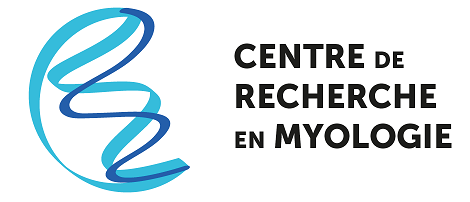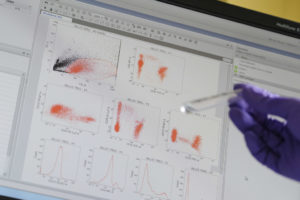Background:
Fiorella obtained her PhD in 2020 in Cancer Biology at Stanford University (California, USA) where she studed the role of the DNA-demethylation in skeletal development (bone and cartilage) and disease (arthritis and osteosarcoma). She also begun to develop her expertise in bioinformatics and analysis of large-datasets. She then completed a first postdoc at the Gladstone Institutes (San Francisco, USA), where she futher developed her skills in single-cell biology, epigenetics, and bioinformatics, studying the role of non-coding variants in driving epigenetic alterations that can contribute to Alzherimer’s Disease in the human brain.
Recruitment to the center:
Eager to return to her love of the skeletal system, in 2022, she joined CRM in the BOND team (Biotherapies for Motor Neuron Disease) Team lead by Dr. Piera Smeriglio, which is interested in the motor neuron diseases such as SMA and ALS and how to better treat them. The team studies several aspects of these diseases, including the role of epigenetics inexplaining the large diversity of phenotypes observed in patients, for which Fiorella was recruited. She was awarded the 2022 Marie-Curie award (MSCA) to develop the project EpiAAV, which studies the role of epigenetics in regulating the regulation of AAV mediated gene therapies, using Spinal Muscular Atrophy (SMA) and it’s associated gene-therapy as a model.
Research interests & team integration
Within the team, Fiorella will continue to develop the team’s core themes of skeletal biology, epigenetics and bioinformatics. Furthermore, as CR1, she will also develop a new research direction to understand the communcation between the regulation of the nuclear and mitochondrial genome, in particular through studying their epigenetic modifications.
Mitochondria are a key part of muscle biology, and their many functions are often altered in neuromuscular diseases. Among organeles, they are unique because they have their own genome. Very recently, this genome was found to be epigenetically modified, and mitochondrial functions were also found to incluence the epigenome of the nuclear genome. On-going projects will see to understand this regulation both during muscle development, and during the development of neuromuscular diseases.

